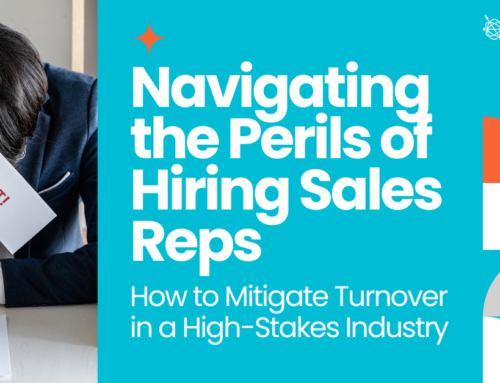
The recruitment industry is facing significant challenges today, and many companies are experiencing high turnover rates that can hinder growth and success. While numerous factors contribute to this issue, one underlying reason stands out: many organizations are navigating the intricacies of hiring without the specialized expertise that effective recruitment demands. This often leads to misalignment between hiring practices and company needs, which ultimately wastes valuable time and resources.
The Complexity of Recruitment
In the fast-paced business world, leaders are expected to juggle multiple responsibilities, from driving innovation to managing operations. Amid these demands, recruiting the right talent can sometimes take a backseat. However, hiring is not just another task; it’s a critical function that requires dedicated focus and skill. Many companies find themselves stretched thin, trying to balance their core competencies while also tackling the complex recruitment process.
The Cost of Misaligned Hiring
When organizations attempt to handle recruitment without the necessary expertise, they may face challenges that result in poor hiring decisions. This can manifest in various ways, such as unclear job descriptions that fail to attract the right candidates or interview processes that miss key attributes. The consequences of these missteps can be costly. Research from the Society for Human Resource Management (SHRM) indicates that a bad hire can cost up to 30% of that employee’s first-year earnings. When multiplied across multiple hires, the financial impact can be significant.
Distraction from Core Business Functions
Trying to manage recruitment internally can divert attention from what companies do best. For example, a technology firm should be focused on innovation and product development, not spending excessive time on resume reviews and interviews. This diversion can lead to missed opportunities and reduced productivity, ultimately affecting the bottom line. By taking on recruitment as an additional task, companies may find themselves operating reactively rather than proactively, which can hinder their competitive edge.
The Benefits of Specialized Expertise
Acknowledging the complexities of recruitment is the first step toward improvement. Companies that recognize hiring as a specialized function can benefit from collaborating with recruitment process outsourcing (RPO) providers. RPO firms bring a wealth of expertise, industry knowledge, and established networks to the table. This partnership allows organizations to streamline their hiring processes, ensuring they find the right talent while focusing on their core business objectives.
Conclusion: A Path Forward
High turnover rates in many organizations can often be traced back to challenges in the hiring process. By understanding that recruitment requires dedicated expertise, companies can make informed decisions that enhance their hiring outcomes. Partnering with RPO providers offers a pathway to better recruitment practices, allowing businesses to concentrate on what they do best while ensuring they bring on board the right talent for their teams.
The landscape of the recruitment industry may be challenging, but with the right approach and support, companies can navigate these waters successfully. It’s time to embrace the potential of specialized hiring expertise and invest in the future of your workforce. Together, we can create a more effective recruitment process that drives success and reduces turnover rates.




